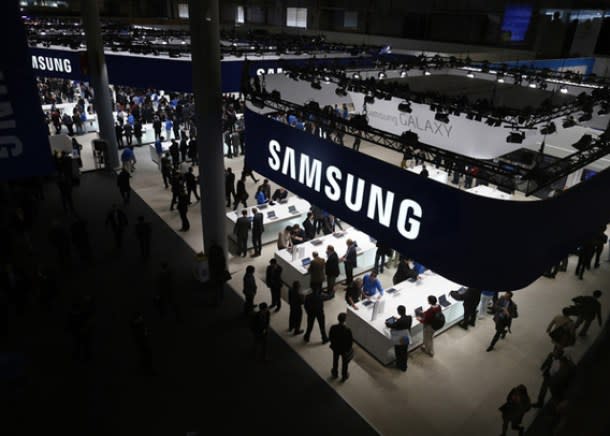Is Samsung slipping away? Google and Microsoft each head to South Korea to strengthen ties

Samsung is a seasoned veteran in the consumer electronics industry, but the company’s growth over the past couple of years came out of nowhere. The South Korean company joined a sizable group of Android partners when the platform began rolling out and just as Taiwan-based HTC was emerging as the clear leader, Samsung stepped up its efforts and pummeled rivals as it grew to become the world’s top smartphone vendor. Now that Samsung sits in the throne, however, the company is seemingly beginning to take measures to lessen its reliance on partners. For one thing, Samsung is using its own components in greater numbers and moving away from various suppliers — when it can. More importantly to software giants Google and Microsoft, Samsung appears to be getting more serious about building its own platforms.
[More from BGR: ISPs warned to ignore Google Fiber at their own peril]
Indonesian blog bada Indonesia on Tuesday reported that Microsoft and Google are sending the big guns to South Korea to hold meetings with top Samsung executives. Company co-founder and former CEO Bill Gates represented Microsoft in meetings this week with Samsung, and he reportedly met with several high-ranking executives including vice chairman Jay Lee, strategy chief Gee Choi and IT & mobile boss JK Shin.
[More from BGR: A review of Facebook Home – by someone who can’t stand Facebook]
“We are discussing cooperative opportunities associated with Windows 8 and other IT devices with Samsung,” Gates told the site.
Google CEO Larry Page will soon fly to South Korea as well to meet with Samsung executives later this week in an effort to strengthen ties as Samsung continues to move some of its mobile efforts away from Android to its own mobile platform, Tizen.
This article was originally published on BGR.com


